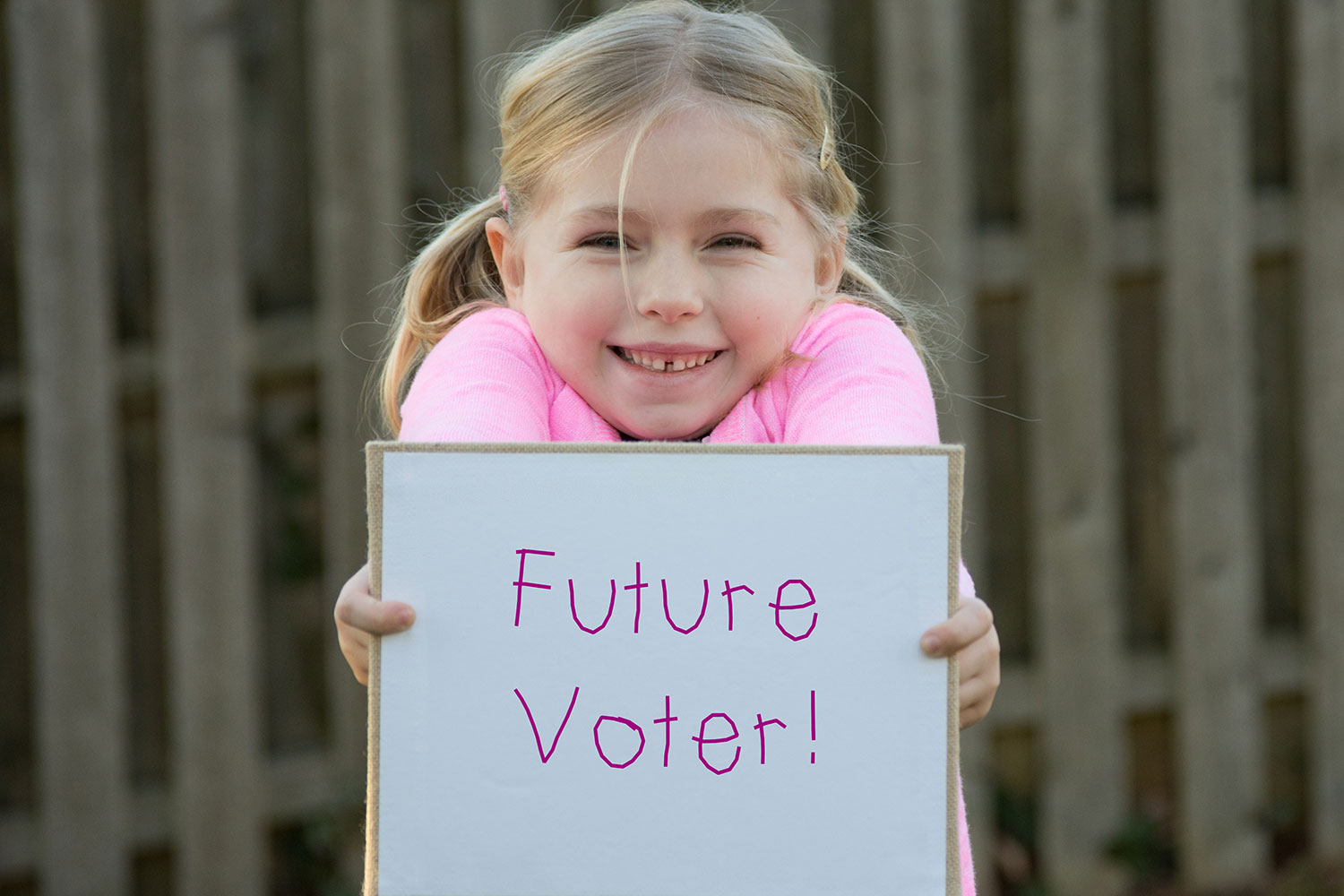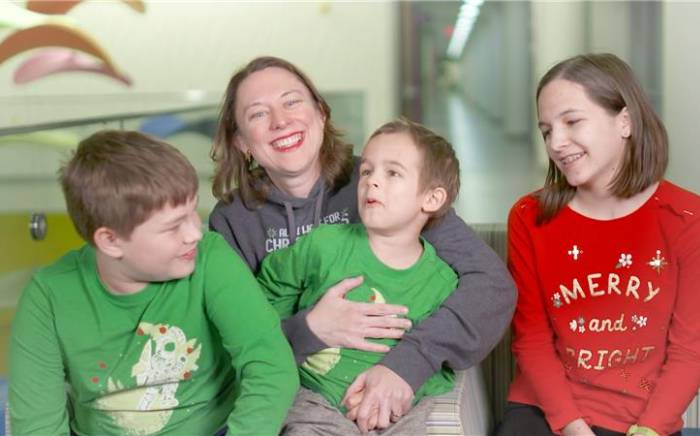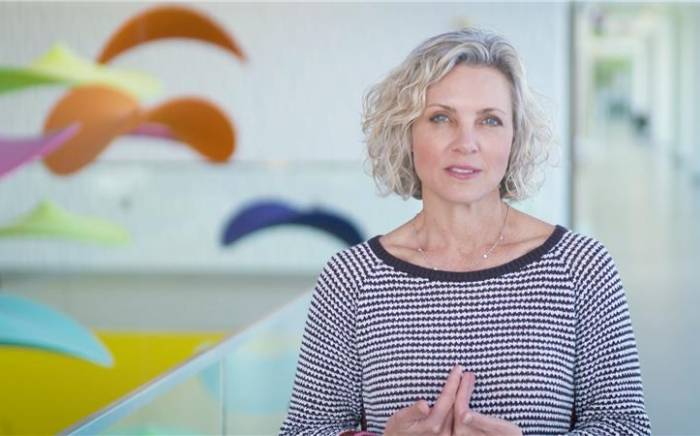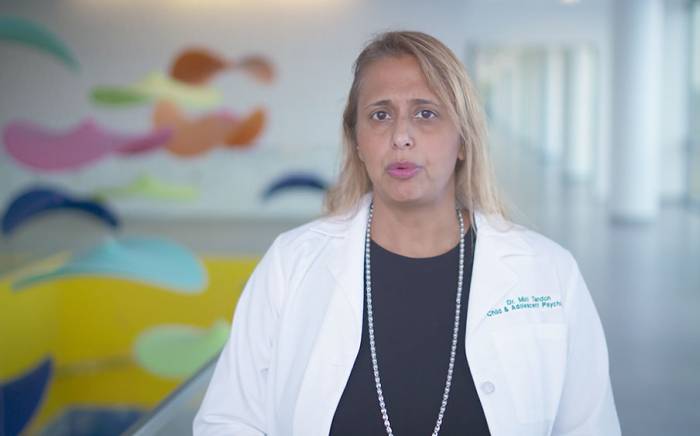
November 3, 2022, 10:15 a.m.
The Hospitalist Team
Between the Halloween and Thanksgiving holidays this year, there is another important U.S. tradition…any guesses? It’s Election Day! I don’t know about you, but I cannot remember a time when I cared as much as I do now about teaching my children to be responsible citizens in our democracy.
Communicating with kids about voting starts long before they can legally cast a ballot. But whether you have an 8 or an 18-year-old this year, there are some practical steps to encourage engagement in the process.
First, as with so many things, showing a good example and heading out to vote yourself sends a strong message. Pointing out signs, bumper stickers, and billboards can be a good way to start conversations about candidates and their stances. You can also begin to talk about the issues that matter to you and why you vote the way you do. Kids can learn about having a voice and weighing in on conversations at home when you create opportunities for them to do so. One way to connect the idea of voting to their lives is to discuss the idea of rules…who makes them, who has to follow them, and how rules affect our lives. For younger kids, you can let them vote on things at home (what to have for dinner, what movie we will watch).
For adolescents and young adults, voting is an important “adulting” skill and is a way to connect optimistic and idealistic young people to ways they can make a change in the world. It turns out that being civically engaged is actually good for kids too. According to the American Academy of Pediatrics, young adults who vote and are civically engaged have better mental health, achieve higher levels of education, and attain higher incomes.
Pediatricians tend to care about voting because we know about the connections between voting and health. Voting helps groups with fewer advantages use their power to gain access to better opportunities that can improve health. In fact, states with a higher voter turnout have better access to healthcare. Since kids can’t vote, it is important that members of a community speak up for them and look out for policies that can impact health in a positive way.
Now my plea. As you vote this year, take a look at what issues are on the ballot and how the outcome of the vote will impact children’s health and well-being. Visit Vote 411 for help with learning about what’s on your ballot, verifying your registration, and for how to make your voting plan. Kids need our voices in elections – they can’t vote or pay interest groups, but so much of their future is impacted by the policy choices we make today. Let’s choose wisely.









